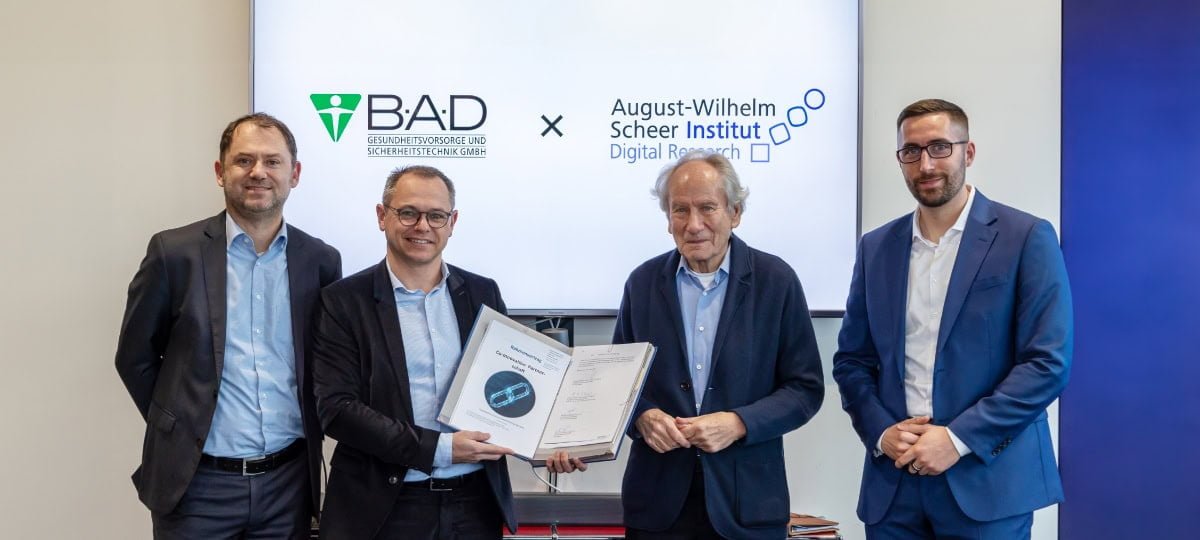No battle for world domination


AI was present above all in the environment of science fiction culture: AI, that was the legendary computer HAL 9000 from the Kubrick film "2001: A Space Odyssey", and it was intelligent enough to act against the crew of the spaceship Discovery.
Such dystopias, in which robots may take over the world, are just as inextricably linked with AI as more tangible fears, such as that intelligent systems could displace humans - in other words, deprive them of their livelihood.
And while technicians and marketers alike are raving about the possibilities of AI today, skepticism is spreading among many employees and customers, to say the least.
Is Robocracy Coming?
In a survey of 6,000 consumers conducted by Pegasystems, more than 70 percent of respondents expressed fears about the impact of AI; nearly a quarter even worried that AI could lead to robots taking over the world.
This should not simply be dismissed, because such acceptance deficits are not a good basis for the realization and further development of these possibilities. AI is by no means the mystery it is often sold as. In fact, concerned customers have long been using AI themselves, usually without knowing it.
After all, an automatic spell checker or the navigation system in the car are also "intelligent" systems, at the latest when they operate in a self-learning manner, i.e. when they optimize their own processes.
Online stores such as Amazon are also part of everyday AI life: Behind a recommendation such as "What other items do customers buy after viewing this item?" are complex algorithms that take into account, among other things, previous purchases and the buying behavior of comparable customer groups.
The processes underlying such solutions have been known for a long time and are also used by customers without much skepticism. So AI is not that new, especially in the area of customer management, and business rule engines and data-driven predictive and self-learning analyses have been part of the basic equipment of more sophisticated software here since the 1980s.
Of course, the algorithms have become increasingly complex; in the meantime, they are so complex that even IT-savvy contemporaries can no longer comprehend them. In this respect, a new level has indeed been reached, and if you want, such decisioning and next-best-action systems can certainly be called artificial intelligence.
All the more so when they have recently begun not only to support employees in customer contact, but also to control chat bots that are capable, for example, of conducting complete conversations with customers about simpler service cases and that respond individually to questions and even recognize current customer moods.
This, too, is a further development of well-known and long-established techniques, and it may sound more intelligent than it actually is: In the end, it is always software code.
Perhaps this should be remembered occasionally instead of furtively flirting with HAL.
Intelligent term?
It may also not have been such a good idea to adorn the complex algorithms with the much-charged term "intelligence," thus placing them in competition with humans and in the vicinity of science fiction.
Now, however, the term is in the world and you certainly can't get rid of it - but perhaps you should de-mystify it a little. Because that's also clear: You can't confront customers with systems that they think are competing with them for world domination.
Systems that can make transparent what their advantages are also have no acceptance problems.




